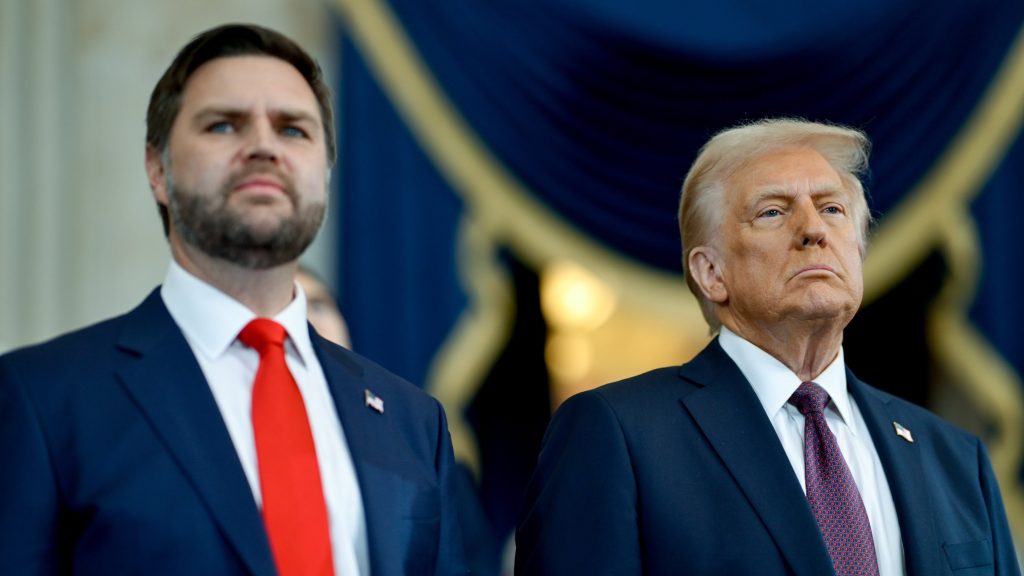Mounting controversies, health rumors, and growing public scrutiny are fueling speculations.
Others are reading now
Mounting controversies, health rumors, and growing public scrutiny are fueling speculation that Donald Trump may not finish his second term — and that Vice President JD Vance could be next in line.
Speculation Grows
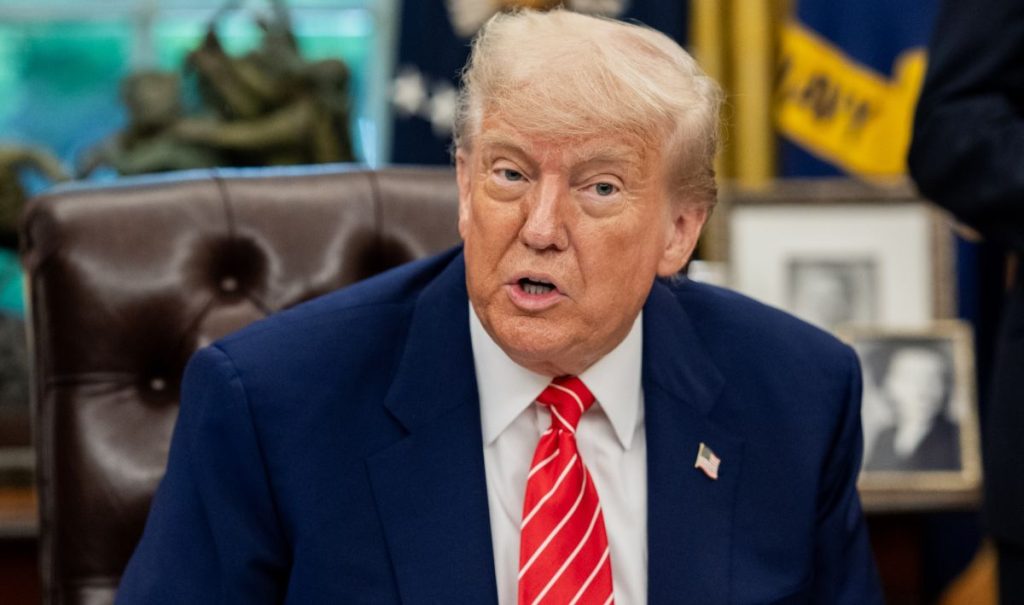
Just months into Donald Trump’s second term, online chatter and political commentary are intensifying around a provocative question: Will he finish his presidency?
While there is no official indication that Trump plans to step down, a mix of political scandal, public backlash, and health concerns have led some to suggest that Vice President JD Vance could be poised to step in before the end of 2025.
Scandals Continue to Follow Trump into Term Two

Since returning to the White House in January, Trump has found himself at the center of new controversies.
From a strained relationship with Elon Musk to his widely criticized “Big, Beautiful Bill,” the president has drawn fire from allies and critics alike.
Also read
But it’s his ongoing connection to Jeffrey Epstein—the convicted sex offender who died in prison in 2019—that has reignited calls for transparency.
Trump’s administration recently released select documents related to Epstein, but critics argue the move was calculated and incomplete.
Trump Responds to Epstein Backlash
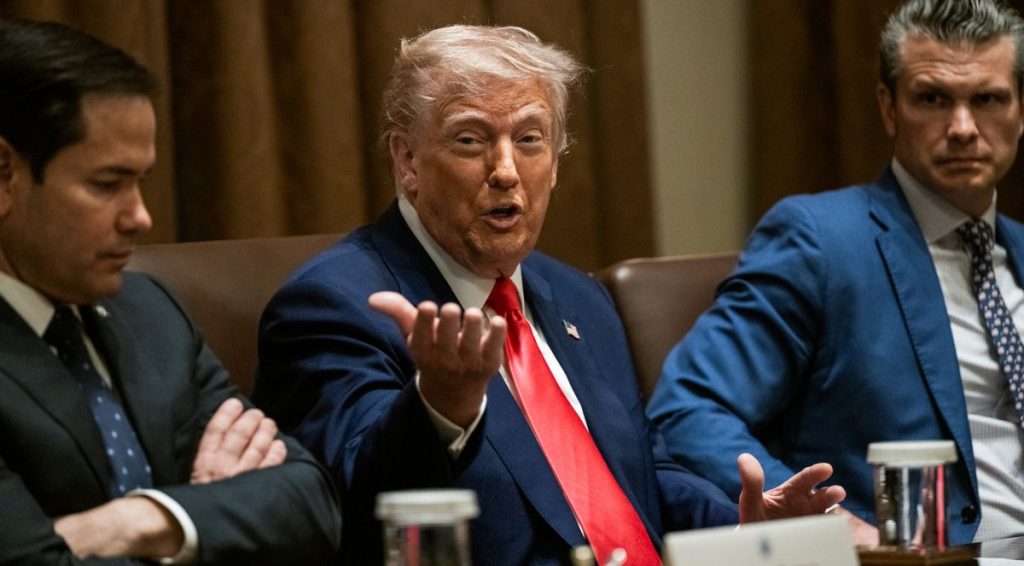
Facing renewed pressure, Trump posted a statement on Truth Social on July 19, calling for the release of all grand jury testimony related to Epstein, “subject only to Court Approval.”
“With that being said… nothing will be good enough for the troublemakers and radical left lunatics making the request,” he wrote. “It will always be more, more, more. MAGA!”
The message did little to quiet speculation, especially among online commentators who believe that Trump’s legal and political troubles are only increasing.
Also read
Social Media Fuels the JD Vance Theory
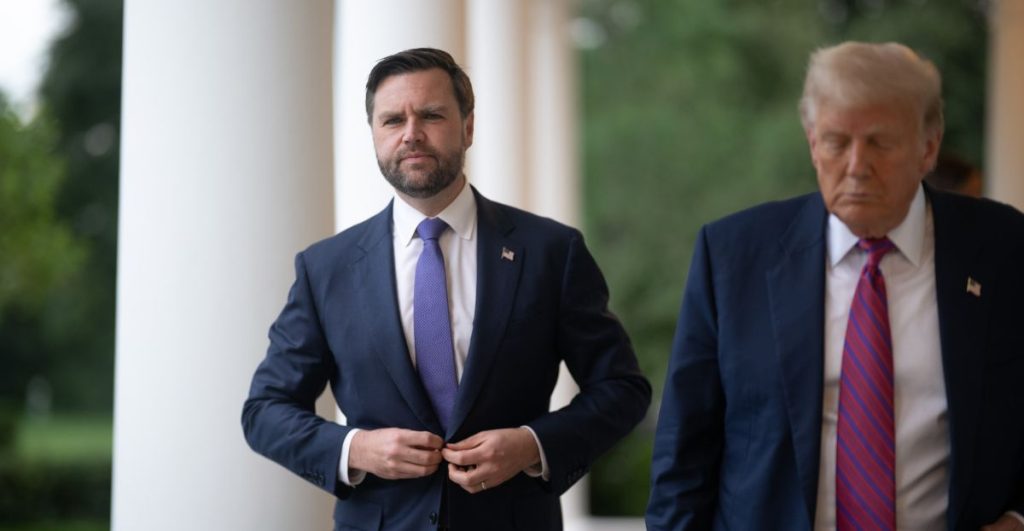
A recent TikTok video by creator Josh Greene added fuel to the fire. With over 275,000 views, the video lays out a theory: Trump may not last through 2025, and JD Vance could become president.
“This is just speculation,” Greene said. “But there are signs.”
He cited Trump’s declining public approval, growing fatigue over the Epstein scandal, and a recent report that Trump has been diagnosed with chronic venous insufficiency (CVI), a condition that affects blood circulation in the legs and is often tied to aging and inactivity.
“He is not in good shape,” Greene claimed in the video.
Public Reaction Is Divided
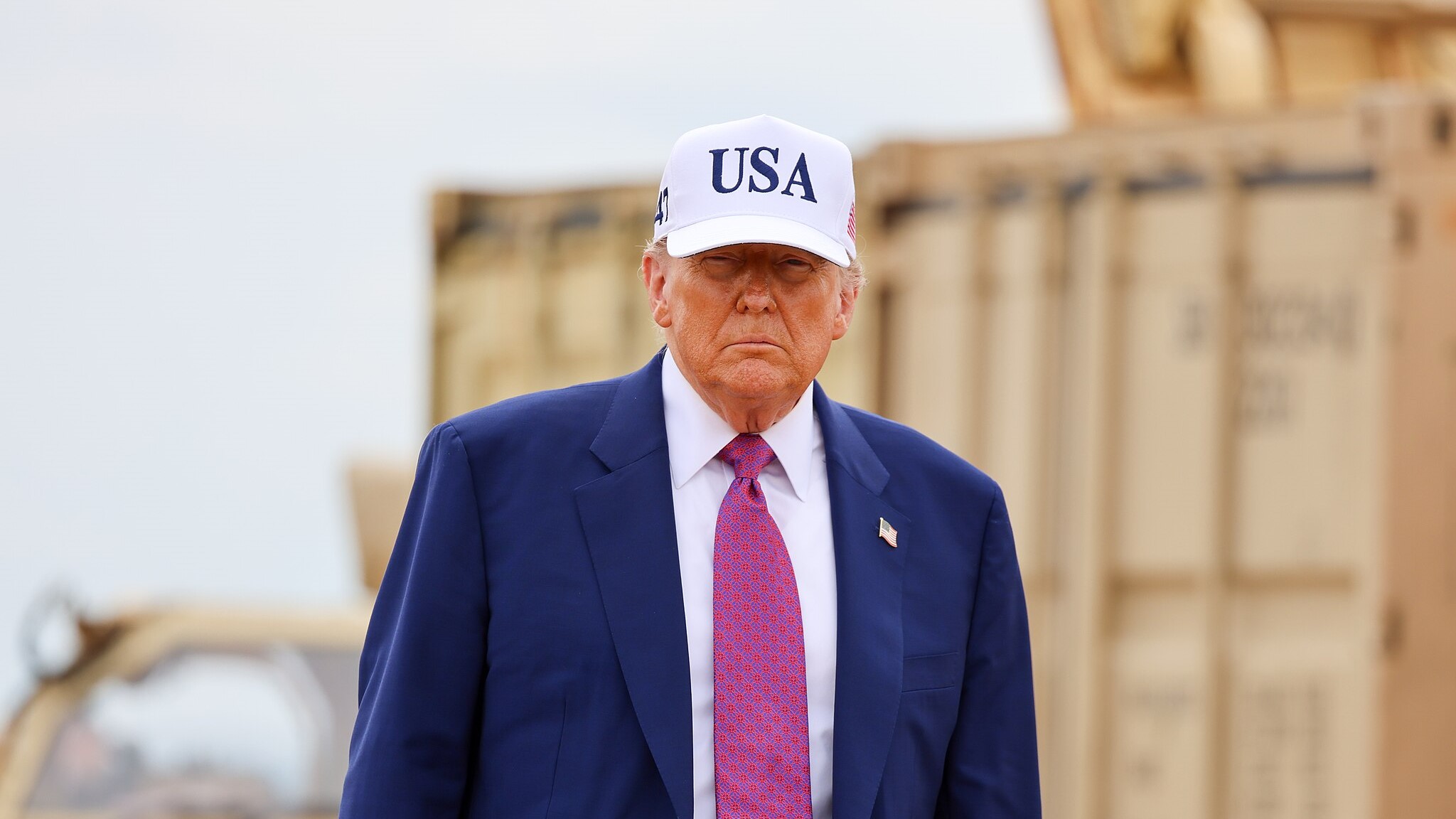
The comments on Greene’s video show just how polarizing the topic is.
Also read
Some viewers agreed with the theory, expressing concern that JD Vance might follow Trump’s political trajectory—or worse.
“Vance is a danger to the USA, just like Trump, if not worse,” one user wrote, as cited by Newsner.
Others rejected the entire idea that Trump would ever willingly leave office.
“There is absolutely zero chance Trump would ever step down,” another commenter said. “His ego is too big to quit.”
Who Is JD Vance—and Why Him?
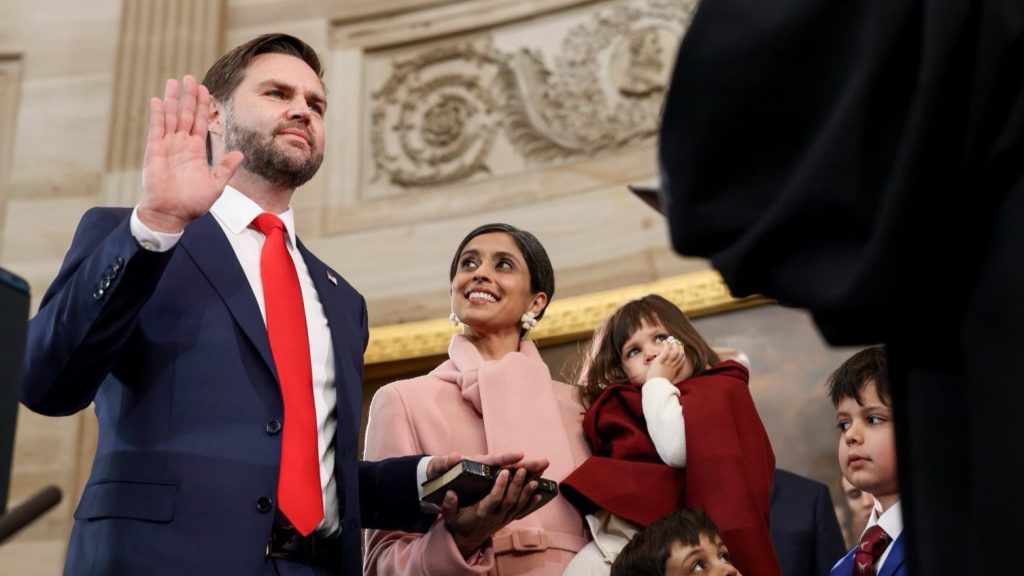
JD Vance, the former venture capitalist and author of Hillbilly Elegy, has been a rising figure in Republican politics since his 2022 Senate win in Ohio.
Also read
Once a vocal critic of Trump, Vance has since become one of his most loyal supporters and was selected as Vice President for Trump’s second term.
So far, Vance has kept a low profile during Trump’s presidency, steering clear of the high-profile controversies swirling around the White House.
That relative political “clean slate” is one reason why some think he could be a more palatable figure for Republicans if Trump’s presidency becomes unsustainable.
Would Trump Ever Step Aside?
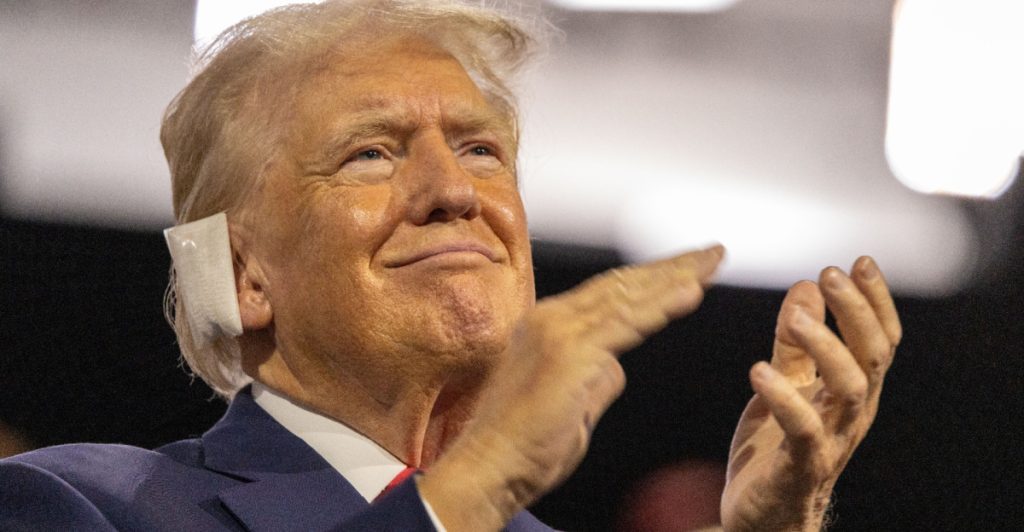
Despite the theories, many believe Trump stepping down is highly unlikely.
Known for his combative style and refusal to admit defeat, Trump has never shown an inclination to walk away from power, voluntarily or otherwise.
Also read
While his health and ongoing legal scrutiny may be real concerns, no concrete evidence currently suggests Trump plans to resign or that the administration is preparing for a transition.

